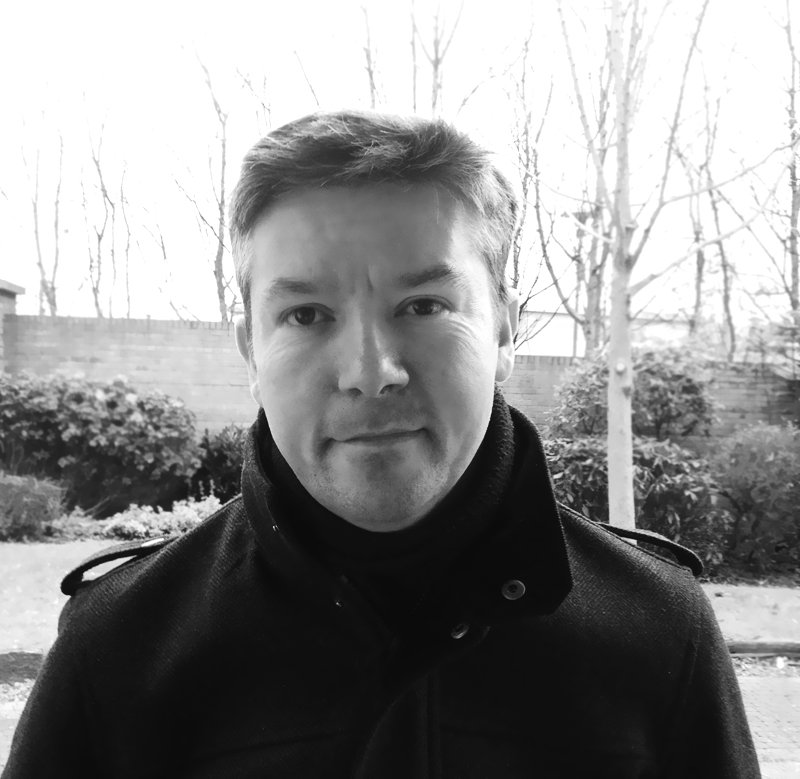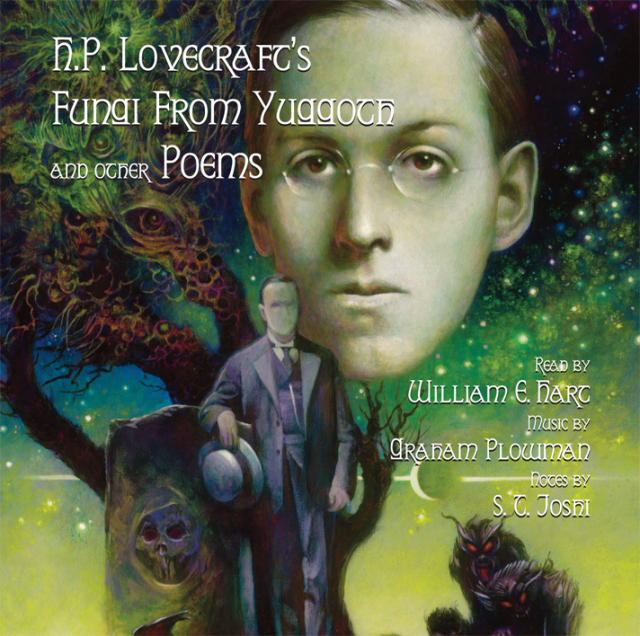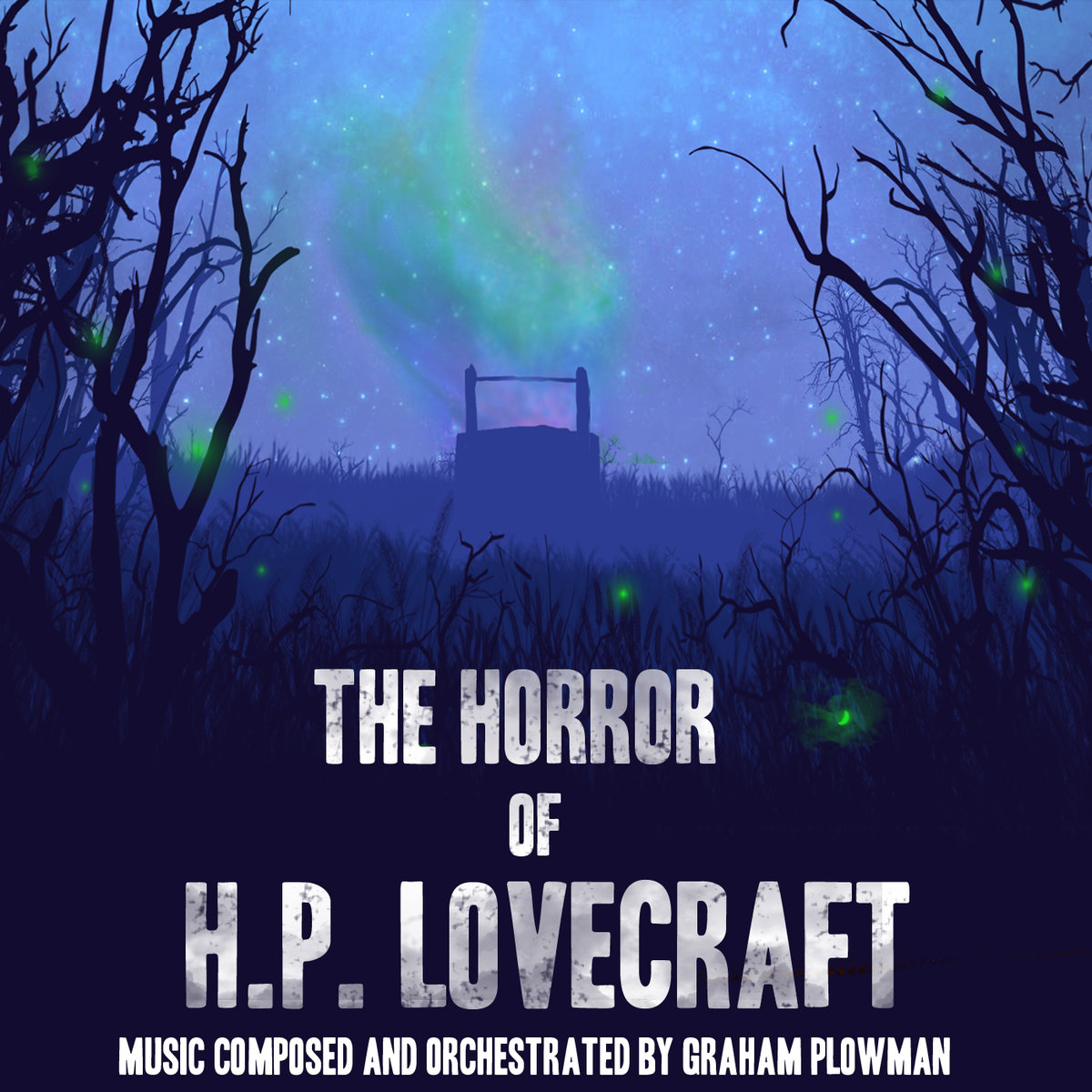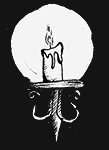How did you come up with the idea to become a composer and orchestrator?
I was learning piano on and off over the years so always composed a few pieces here and there, wrote some down etc. But once Lord of the Rings came out over 2001, 2002, 2003, I loved the movies, but also the score, I got more interested in it. But there were not a lot of available resources for a ‘project’ studio to do orchestral music, so it wasn’t until 2010 that I looked into it more, bought the cheapest software I could find, and started composing and studying orchestration and scores. So I’ve only been composing orchestral music since 2010.
 Have you never thought about trying yourself in other musical styles?
Have you never thought about trying yourself in other musical styles?
I’ve teased a couple of electronic tracks, and use electronic aspects in some of my music, hybrid orchestral (a mix of orchestra and synths), but beyond that not really. Orchestral music and orchestration is a huge field so currently I devote what time I have to orchestral music. I done more band style, and minimal styles as well, but always go back to the orchestra.
Do you have favorite classical, or modern composers?
Well first up, I love film music and study it. My favorite composers in film are of course John WIlliams, Danny Elfman, Jerry Goldsmith, Alan Silvestri, Marco Beltrami, Bernard Herrmann…and I could keep naming. I listened to countless hours of classical music when I was younger, and still do on occasion, but of past composers (not always classical) I would say Sergei Rachmaninoff, Beethoven, Franz Liszt, and Tchaikovsky…again I could keep going.
What kind of music do you like, where do you get the inspiration from, and what about the ideas?
I like film music (which is essentially many styles) – the art of how the music goes to picture. I listen to scores of films I haven’t seen, and imagine what the scenes might be like. I study scores (for orchestration) and the idea’s are often based of ‘scenes’ I imagine in my head, or from Lovecraft’s stories for example, I imagine a mood, scene, or encounter in the tale that could be scored and work from there.
Is there anybody you would like to work together?
That’s easy – horror game creators and film makers! If you mean composing with someone, that’s a tough one. Realistically it would be other composers who are probably just working in the background on small projects – there’s quite a few composers in the social media circles I inhabit and it’d be cool to work with any of them. But it’s very competitive as well, so many people who work solo on a project.
What was the appreciation you were the most proud of?
All of it! Haha. I couldn’t stress enough that I appreciate every listen, every purchase even of my music from fans. The Lovecraftian fans are particularly amazing. But I would have to say getting the film score job on Arthur & Merlin and attending the film premiere in London last year. People loved the music and felt it was an integral part of the film. That was great to hear.
 And which one of your works makes you the most proud?
And which one of your works makes you the most proud?
Tough one – I think it’s a tie between the film score for Arthur & Merlin, and the recently completed ‘Fungi From Yuggoth and Other Poems‘ CD I did with Will Hart for Fedogan & Bremer.
On your website, there are some testimonials, about how fast you worked. How much time do you need to write a piece of music?
In composing for media you have to work fast. People have deadlines and you need to sometimes turn around a work or changes in as little as a few hours. When I don’t have a deadline I can work on a piece for a few days if I want, sometimes stretching over a couple of weeks if I need to. But if needed a single piece can be finished in as little as 2 hours.
Do you spend more time on your own compositions or on the ones requested from you?
It’s about equal, unless I have a tough deadline (like when working on Arthur & Merlin). I spend the time I feel is needed to get the track where I’m happy with it. Sometimes you will end up spending more time on a requested track because you have to fulfil a requirement which could mean hitting sync points, using unusual instruments or trying to create a subtle mood or feeling that the person is looking for. It usually means a few questions back and forth to find out what someone is thinking in their head, then working on until they hear what they expected in the music.
A lots of ambient composers and metal bands make Lovecraftian themed music. When they use lyrics, they sing about random cosmic horrors, and ancient gods, or they write a song about a given short story. How would you define “Lovecraftian” music?
At the moment, “Lovecraftian” music comes to us in various styles. Metal, orchestral, ambient electronic, and others. They are all great and have their place. For me personally, due to the era of Lovecraft’s work (early 1900’s) I wanted to fill a gap I was finding in what was available by writing orchestral music with instruments available in Lovecraft’s era. Very minimal use of synths, usually as a low background sound, and the effects and other advanced techniques I use are achievable with an orchestra. I wanted the music to be accessible and not overly odd or strange. I use some atonal elements, but these don’t dominate the music. I prefer melody, mood and atmosphere in equal measure rather than just writing something ‘strange’. I don’t think ‘Lovecraft music’ has any one definition. People are defining it for themselves by choosing which style of music they prefer based on his work, and choosing that as their definition.
Do You know any artist or composer, that Lovecraft liked, or what was his taste in music?
S.T. Joshi might have some thoughts on this, but I don’t actually know! Lovecraft would likely have been surrounded by the post WW1 Jazz scene – but he might have avoided it like the plague. I wish I knew more.
What do you think of them? If he lived nowadays, what kind of music would he listen to?
I think it’s impossible to tell without a better idea of what he might have liked. Maybe Black Sabbath! Haha!
How did the idea come to your mind to made background music for The Hound that was read by William Hart?
It followed on from our collaboration of ‘Fungi From Yuggoth and Other Poems’. Will has a great voice and a lot of past recordings he did of Lovecraft’s work. He asked if I would score some, and The Hound is one of the shorter ones, so was a good one to do.
Was the music composed to the original writing, or were you inspired by Hart’s voice, and reading style?
It was composed to the reading, and this is key to creating a score that matches with the voice. The same process was used on the ‘Fungi’ CD. It helps the music rise and fall as needed, and convey the mood from the voice and enhance it were possible.
Is it easier to make music for something like this, or harder, because your hands are tied by the reading?
I felt this was a more straightforward process. You have a mood to follow, almost like a guideline running through the piece that you can stay on. The trick is follow the line and keep an eye on it – sometimes it can be tricky to find the right mood, but when it doesn’t work it’s obvious, so you keep at it until it ‘fits’. It’s a good way of working. Also means you can write more music in less time as it’s not going to be ‘busy’ music. The voice should be treated like a solo instrument.
The album cover for the album “A Fungi from Yuggoth” was made by Jon Arfstrom, is this an earlier work from him, or he made for the album? He died last year, 2015, December, maybe, this is one of his last work ?
The cover was licensed for use from Jon Arfstrom’s estate as it’s an earlier famous painting of Lovecraft himself. Sadly, Jon passed away during the process of licensing the art and the deal was completed by his estate. We’re honoured to have his work on our CD.
 When I listened “The Horror of H.P. Lovecraft” album, on your Bandcamp site, I found the movie, Psycho’s original score, that was used earlier on the Re-animator movie too, and sometimes your composing sounded like Danny Elfman, or the score of Donnie Darko, and I’m really happy about it, because I like them. Are you inspired by them, or this is just a coincidence?
When I listened “The Horror of H.P. Lovecraft” album, on your Bandcamp site, I found the movie, Psycho’s original score, that was used earlier on the Re-animator movie too, and sometimes your composing sounded like Danny Elfman, or the score of Donnie Darko, and I’m really happy about it, because I like them. Are you inspired by them, or this is just a coincidence?
Danny Elfman is heavily inspired by Bernard Herrmann, Herrmann composed Psycho’s score, Re-animator was famously (infamously) scored to be very similar to Psycho’s score because Stuart Gordon asked the composer to ‘copy’ it. When I did my Re-animator Booktrack (the full suite is on the “The Horror of H.P. Lovecraft” album) I wanted to create a main theme was partly inspired by this idea (for the fun of it). But while the film score was also quirky and fun, I added some elements of choral work and horror to move a bit away from that sound. As a fan of Danny Elfman, and have studied some of his scores, I would be inspired by this work (and Herrmann’s). On the ‘Fungi’ CD one of the extra twelve poems is ‘Hallowe’en in a Suburb’ – the score I wrote for that poem was inspired by Elfman’s sound.
Maybe a little bit sentimental, and “non-Lovecraftian” question: Lovecrarft’s most “musician” character was Erich Zann, who tries to defend the world from the cosmic monsters with his music. Is this just a simple horror story, or could it have a deeper meaning, like we can make ourselves or our friends happier with the help of music, and we can find peace when we listen to something? What do you think?
I agree. Music has that power, and though I don’t have any insight to what Lovecraft liked in music, he was probably tapping into this. Lovecraft was just so inventive, so creative – his stories have a deeper meaning overall, or at least makes people think on a deeper level about humanities place in the universe. It’s why his tales still fascinate us today. I think the Erich Zann tale was another creative way of suggesting that what can be hard to define (the appreciation of music, or how music makes us ‘feel’) could also be used in a story to suggest music has a hidden power.
What was the first Lovecraft writing, that inspired you to make a composition?
At the Mountains of Madness was the first one. It was the first story I read, too. I started with the big one. I wrote the original inspired by this years ago, but updated, lengthened it to bring it more up to date with my more current pieces.
Which story is your favorite?
I have so many, but picking one, again it’d be At the Mountains of Madness. It’s length, ideas and level of build up to the climax show’s that Lovecraft was a master of creating a narrative that draws you in over time. It also inspired ‘The Thing’ – the superb horror film from 1982.
Any plans for the future?
Always! Haha. Some stuff I’m not allowed to talk about yet, and for the Lovecraft music, I plan to create a wider scope of work based on “The Dream-quest of Unknown Kadath.”
Gyula Vidra
